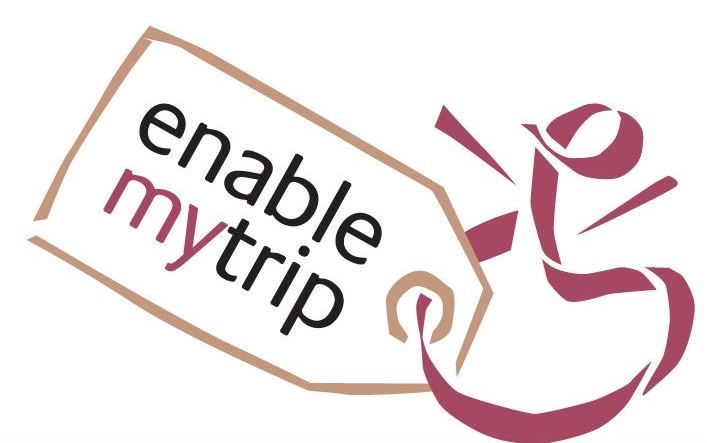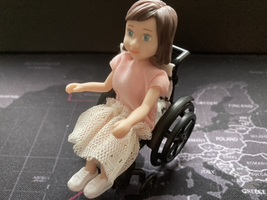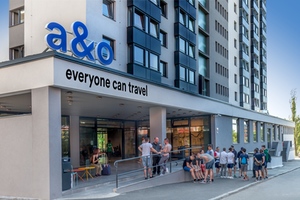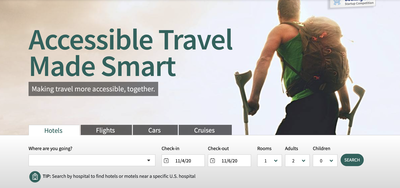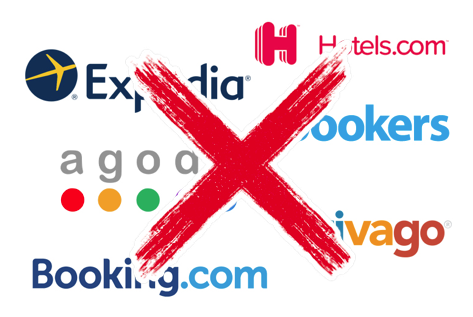
Who doesn’t love getting bang for their buck? When it comes to planning a holiday, there are few things more satisfying than getting a good deal.
Online Travel Agents
That’s why most people now use online travel agents (OTAs) such as Expedia or Trivago instead of booking directly with airlines or hoteliers; they make it easy to compare prices and details for hotels and flights all in one place. They also have a handy array of filters to narrow down and find your perfect home from home. And the choice. There is SO much choice. For instance, Marriott International is the world’s largest hotel chain. How many properties do they have internationally? Over 7,000 according to their website. Booking.com on the other hand? Over 2.5 MILLION.
Of course, there is always a higher element of risk when making a booking through a third-party; all businesses are prone to human error or technical issues – hiccups can happen – but on the whole, there is a strong argument for using OTAs over making a direct booking. However, for the disabled traveller, that risk is amplified and has the potential to create a miserable – even traumatic – holiday experience.
Here are the two main reasons why, if you have accessible travel requirements, you should avoid third-party booking sites:
Interpretation of ‘Accessible’
Travel agents themselves do not own any physical assets such as hotels or aircraft. They earn their income by charging commission rates – anywhere between 10-30%. Herein lies the problem: by hosting millions of listings from thousands of individual businesses large and small, the term ‘accessible’ is not a case of ‘one size fits all’. It should be mentioned, however that using specialist travel companies who have an in-depth knowledge of the accessible travel market can ensure that there are unlikely to be any nasty surprises.
Definition
The United Nations World Tourism Organisation (UNTWO) – the authority on all things travel – currently considers the following to be the most all-encompassing definition:
“Accessible Tourism is a form of tourism that entails strategically planned collaboration processes between stakeholders that “enable people with access requirements, including mobility, vision, hearing and cognitive dimensions of access, to function independently and with equity and dignity through the delivery of universally designed tourism products, services and environments.”
Whilst a little on the wordy side, it encapsulates the notion that, basically, anyone with any form of disability has the right to enjoy their holiday in the same manner as everyone else without being inhibited by their disability.
However, third-party booking sites will have their own idea of what accessibility means… but so will each and every business they have listed. The Marina Bay Sands Hotel in Singapore will interpret ‘accessibility’ and accommodate disabled guests differently to, say, a guesthouse in Bali, for example.
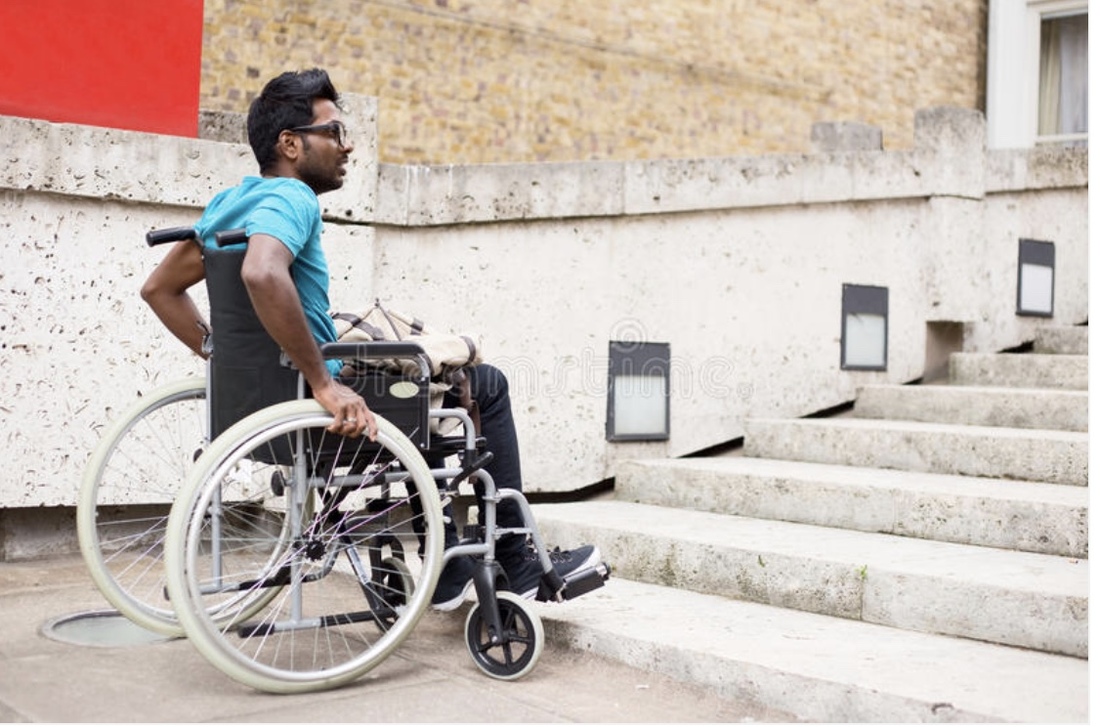
Nonsensical Filter Options
Expedia only has three accessibility filters; two of which are ‘accessible bathroom’ and ‘in-room accessibility’. But what do they actually mean? You may have a well-rounded idea of what those terms mean to you, but the chances of it aligning with that guesthouse in Bali are slim.
To their credit, booking.com has 19 accessibility filters, but again, how hoteliers interpret these is anyone’s guess.
Seemingly, these companies do not fully understand the requirements of disabled travelers and have treated accessibility almost as an afterthought. Indeed, accessibility filters are often difficult to find and are usually located at the bottom of the list of filter options.
Take Extra Care
Therefore, if you do opt to use a third-party booking site to arrange elements of your holiday, checking the ‘accessible room’ filter is a start, but you must fine-comb through the hotel’s website directly, read their accessibility statement (if available), check reviews and call them to ensure that it is suitable to your requirements. If it is right for you, confirm your booking with someone at the hotel and get their name. Reconfirm the booking in writing (ideally with the same individual) a couple of weeks before your trip, and again the day before. Of course, there is no way of guaranteeing a problem-free stay, all you can do is take action to minimise the risk.
We are currently working on creating forms which will enable you to define and detail your accessibility requirements. Sign up to our newsletter to keep updated.
Communication Issues
Room availability on hotels’ websites are normally updated automatically by the minute which make them very reliable. OTAs, on the other hand, often overbook flights and hotels in anticipation that a small percentage of travellers will be unable to make the trip due to unforeseen circumstances. Blogger Katie Karambelas (AKA The Jet-Setting Mama) had this exact problem one fateful New Year. The day of her trip, she phoned the hotel to confirm only to be told that they had no booking under her name and that the OTA should never have taken her money in the first place as the hotel had filled their rooms three months before she even booked.

Who is Accountable?
Hotels are supposed to provide OTAs with an accurate inventory of available accessible rooms including details of accessible features and facilities. They are also required to communicate to the third-party when they are no longer available. But if the third-party fails to update their listings, then the hotel cannot be held responsible. Furthermore, in the USA – which has some of the strongest disabled rights legislation – you cannot sue the OTA if your accessible room is suddenly unavailable when you arrive as third-party booking sites do not fall under the jurisdiction of the American Disabilities Act (ADA).
Customer Support
Additionally, many OTAs will charge you for amending or cancelling your booking. Getting a refund from travel companies is already a difficult enough experience without the addition of a middleman. Even if you are eligible for a refund, the OTA has to contact the provider to check if they can process it on your behalf. You can expect a lot more waiting around, frustration and back and forth between yourself, the OTA and the provider. Furthermore, third-party customer support is generally pretty diabolical, and just trying to speak to a representative is like trying to get blood out of a stone, never mind getting your refund.
So, at Enable My Trip – a charity founded purely to overcome accessible travel issues – we encourage you to avoid third-party booking sites. For the sake of saving a few pennies, it is not worth the hassle and potential misery they can cause. Holidays are precious and should be a joyful experience.
Start Your Trip With Us
We have currently have thousands of accessible accommodation listings. We only include properties which have a wet room – our minimum requirement. Each listing has a detailed description of the property, including images, sourced directly from the company’s website. We also have a handy map tool to view all of our listings internationally. Please bear in mind that you cannot make a booking through enablemytrip.com. It is purely a charitable service to collect and share accessible travel information. If you would like to help and join us as an ambassador, click here.

Have you had any bad experiences booking through an OTA? Join the conversation and let us know in the comments below!
Article written by Jamie Burr.
